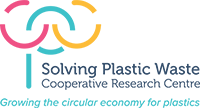
Prior to her appointment as Lead Scientist, Dr Walsh worked for Dow Chemical, as well as Visy Industries, South East Water and Henkel. Her experience includes leading R&D groups, business functions, and supporting technology-based start-ups.
Leonie holds an MBA from AGSM, is a graduate member of the AICD and an AATSE fellow. Leonie was the inaugural Women in STEMM Ambassador, supporting gender equity in science, technology, engineering, maths and medicine, and the first woman president of the Australasian Industrial Research Group.
Dr Walsh’s current focus is on bridging industry, government and academia on topics such as education, renewable energy, advanced manufacturing, clean technology, and the circular economy.
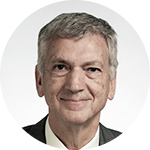
Ian has a PhD in organic chemistry from the University of Melbourne and an MBA from RMIT. His research career has also included periods at Oxford University, with Pacific Dunlop, and with the Defence Science and Technology Organisation. In 2010, Dr Ian Dagley was admitted as a Fellow of the Australian Academy of Technological Sciences and Engineering (ATSE).
separator
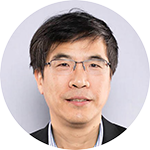
Prof Chen has worked closely with industry in the area of assessment of environmental impacts and recycling of wastes over 20 years. He established the Australian first Applied Network of Recycled Organics and Waste Management (ANROWM) in 2017. Prof Chen’s research areas include: Recycling science and waste management, mine rehabilitation, restoration of degraded ecosystems and agricultural disposal of recycled organics and biochar application and fertilisation.

separator
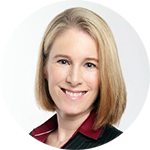
Stefanie has spent more than 20 years specialising in the analysis, design and optimisation of lightweight structures. She is listed as one of the world’s top 2% most-cited scientists in Materials (Stanford career rankings 2021-2022), focusing on wind, naval, O&G offshore and aerospace structures. Stefanie is passionate about developing material and structural performance optimisation tools to drive sustainability in design.

She has more than a decade experience in polymer composites and fibres and has successfully led several projects in collaboration with local and international industry partners in this field. Her research to date has resulted in over 135 publications and her projects are well supported by government and numerous industrial organizations. Professor Naebe is the recipient of multiple awards including the recent Chemchina Patent Excellence Award.
separator

Before joining academia, Damien worked in the plastics industry. His current research focuses on understanding patterns of resource flows and their impacts aligned with a sustainable and circular economy. Damien is currently a director at the Product Stewardship Centre of Excellence and was a member of the Expert Reference Group for the NSW 20 year waste strategy.
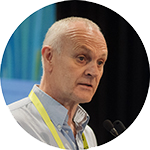
Prof. Ball was previously Director of the Centre for Environmental Sustainability and Remediation at RMIT University and Flinders Bioremediation in Adelaide, Australia. Prof. Ball has worked in the area of soil microbiology, contaminant degradation and biogeochemical cycling for 40 years publishing over 300 peer reviewed articles.
